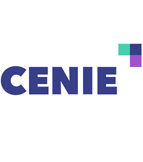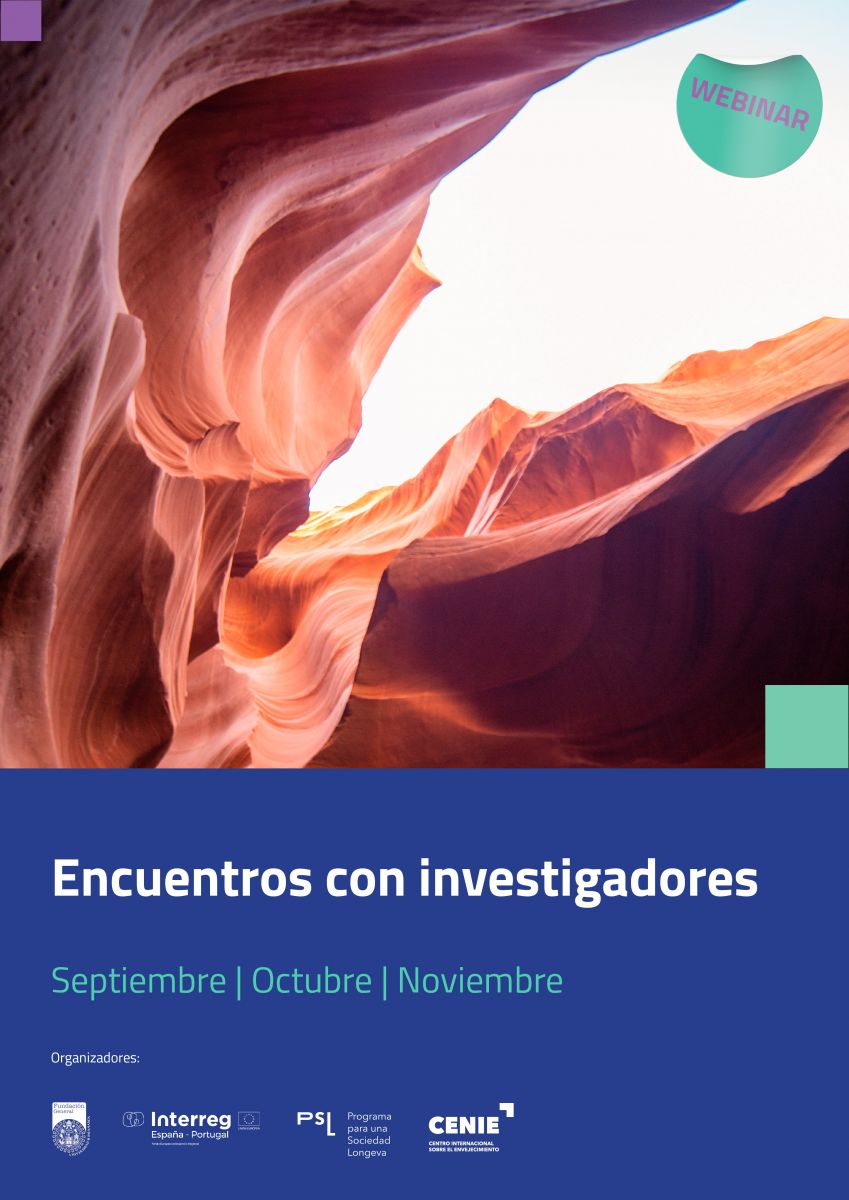Actividades
Encounters with researchers "Research and longevity: positive answers for long lives".


.jpg)

Why a Programme for Long-lived Society?
The Programme for Long-Lived Society is based on the committed and constructive decision to address longevity of life as one of the strengths of the future society.
The mission of the Programme for Long-Lived Society is based on the need to promote, accelerate and implement scientific research and discoveries, technological advances, behavioural practices and renewal of social norms so that the life of long-lived people not only means a healthy and rewarding existence not only for them but also for the society to which they belong. What is more, being long-lived is identified as one of the most significant vectors of growth and improvement in many areas of community coexistence.
Longevity, as conceived and formulated in the project, is not equivalent to retirement, to inaction, to a complete absence of participation, usefulness or productivity - understood not only from a strictly economic point of view - but, rather, quite the opposite: longevity understood as the moment in life when what has already been learnt becomes a true social capital, transferable to the community as a whole.
That what is already known by people and by society is as valid for both as what remains to be learnt. Where people continue to be driven by projects, by ideas for renewal, by the legitimate aspiration for a better life, by the essential vitality of illusions.
Only in this way will social relations be broadened and enriched. Only then will the prolongation of life achieved not only be the effect of organic or biological behaviour, but the horizon in which people - and the community to which they belong - can continue to wish to develop their projects, aware of course of their limitations (no age is without them), but equally aware of their immense potential.
In order to inspire large-scale changes, the Programme for a Long-lived Society works with both public administrations and private initiative; with universities and research centres; with institutions representative of the social, economic, political, educational and cultural reality. With those industries and companies especially involved in the generation of products and services conducive to our transformational objective. With the technological world, from which many of the tools to be incorporated into our new population reality will come. Also with the media, whose work is decisive in the dissemination of the new concepts, of the new activities that, in favour of a more prosperous and innovative longevity, are developed in the world, as well as with all types of communication networks that, based on the impact made possible by the new media, expand the reality of the Programme in the widest and most intense way possible.
The Programme develops its activity from a collaborative culture, for permanent dialogue between fundamental actors, often isolated or unconnected. Only in this way will it be possible to achieve the objective we are aiming for, because efforts that are never known, that are barely perceptible, or actions based exclusively on good will, on an activism that does not obey a reflexive planning or a constant and rigorous evaluation, are worthless.
The Programme for a Long-lived society means investing in innovation. Creativity in the search for new answers. Assuming the concept that animates the Programme means taking part in a process of transformation in which the duration of life is accompanied by an extension in the quality of life.
And that process does not tolerate delay.
The International Centre on Ageing (CENIE) was created to respond to one of the social phenomena that is most changing the world we live in: ageing.
Its main mission is to respond effectively to the demands of a society that is facing a global process of population ageing, resulting from the progressive increase in life expectancy and the reduction in birth rates. Both factors are causing a profound alteration in the composition and behaviour of population pyramids, with the very significant social and economic consequences that this entails.
The CENIE is promoted by the General Foundation of the University of Salamanca, together with the Fundación General Consejo Superior de Investigaciones Científicas, the Directorate General of Health of Portugal and the University of the Algarve, within the framework of the Interreg V-A Cooperation Programme, Spain-Portugal, (POCTEP), 2014-2020, of the European Regional Development Fund (ERDF), and its desire is to lay the foundations for the construction of a common vision between Spain and Portugal in the face of this new social reality.
The Encounters

Scientific research is not an easy task. It is a profession that involves long periods of training, often in different places, and it is very competitive. But it is an important job for society and therefore requires all those who want to put their intelligence to the constant challenges of asking questions about the world we live in.
One of these challenges is the ageing of the population, which is a great social challenge and, therefore, a priority field full of opportunities for research and researchers.
For this reason, the General Foundation of the University of Salamanca, through the International Centre on Ageing (CENIE), promoted a competitive process for the selection of multidisciplinary research work on ageing, the final results of which will be presented at these Meetings with Researchers. This is a relevant contribution to the objective of developing and promoting a research network of excellence between Spain and Portugal.
The main priorities of these research works are:
-
Relations between population ageing and socio-economic development.
-
Current methods and alternatives for preserving the material security of the elderly.
-
The change in family structure, intergenerational transfer systems and new models of family and institutional functioning.
-
Determinants of healthy ageing.
-
Basic biological mechanisms and age-related diseases.
-
Quality of life and ageing in different cultural, socio-economic and environmental situations.
Likewise, these meetings, which are intended to become a regular event, aim to promote knowledge of the work being carried out in Spain and Portugal by research centres, universities, companies and other entities in the field of health or technological innovation to improve the quality of life of the elderly.
In parallel to the programme of these meetings, there will be a virtual exhibition of research projects aimed at finding positive answers for long-lived societies.
*All the meetings will be held via Zoom and the links will be provided by email to those registered in the days prior to the meetings.
